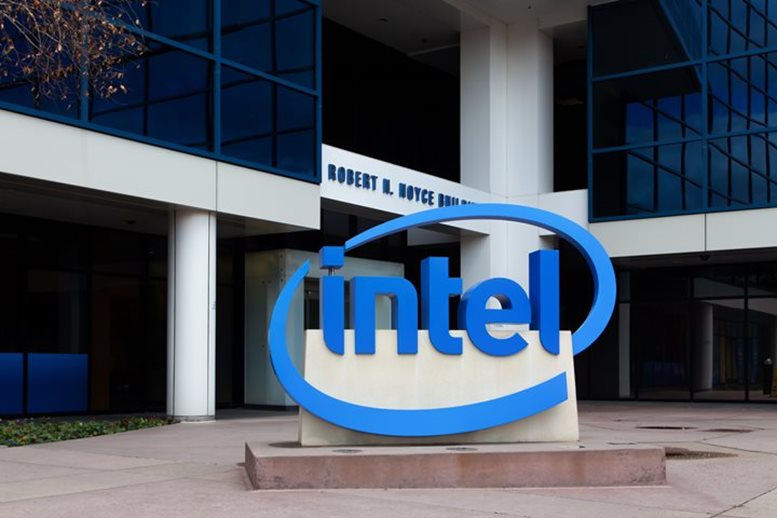Last week, Intel (NASDAQ:$INTC) announced plans for the upcoming rollout of its eighth-generation Core processor known as Coffee Lake, which uses brand new 14nm++ technology. Like its predecessor Kaby Lake Refresh, the new processors are built for mainstream notebook computers.
With processors doubled from two to four, as well as enhanced physical implementation and manufacturing techniques, Intel’s latest Core processors are expected to hit the market in October.
The processor’s new platform controller hub (PCH) chip is rumored to include integrated Wi-Fi and Bluetooth 5 technology, an integrated USB 3.1 Gen 2, and a quad-core audio DSP — all performing at a higher capacity to help assuage both memory usage and power consumption concerns inherent to its predecessors.
Coffee Lake’s new 14nm++ technology (as opposed to the 14nm+ of Kaby Lake Refresh) is said to improve transistor performance at least 10% — resulting in less battery usage and higher overall processing speed.
Coffee Lake will bump the number of cores in the mainstream notebook from two to four, with Intel saying it intends to increase its core count in mainstream desktop PCs and high performance notebook computers on an annual basis.
While Kaby Lake Refresh uses parts known as “4+2” chips, with GT2 graphics and no eDRAM, Coffee Lake will use “4+3e” chips for thinner-and-lighter notebooks, as well as GT3 graphics and eDRAM.
While Intel offers customers optimizational “4+2” configuration parts for their currently marketed notebooks, Coffee Lake customers will have the opportunity to buy “6+2” parts, thereby increasing their core count by another half.
As a point of comparison, Apple’s (NASDAQ:$AAPL) 13-inch MacBook Pro uses “2+3e” parts.
Featured Image: depositphotos/wolterke










